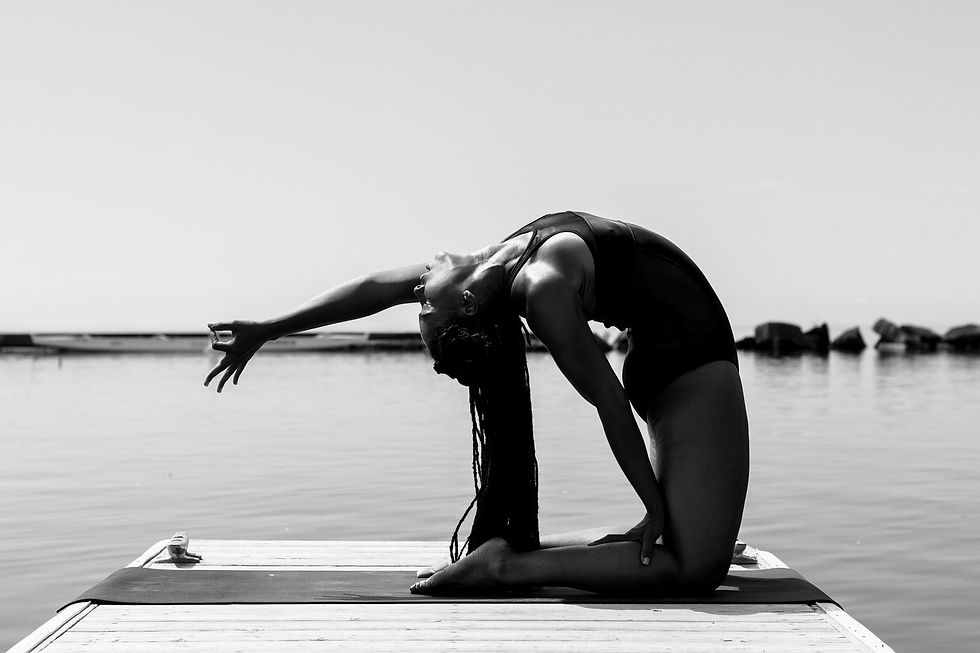A snapshot of COVID-19'S impact on a photographer
- covidcationpodcast
- May 11, 2020
- 3 min read
by Melanie Lennon
Jill Hamilton is a 45-year-old photographer and mother of four, based in Whitby, Ontario.
Hamilton worked as a legal assistant law clerk for many years but always had a passion for photography. After having her kids, she decided to turn her creativity into a career.
I spoke to her about the impact COVID-19 is having on her business, and how she’s overcoming some of those obstacles.
How did you react when the virus was declared a pandemic?
It's interesting in the fact that before it even became a pandemic, I was starting to see the loss of business. I had two conferences booked that had both been sort of put on hold and then outright…So, I'd already seen the effects of it happening. I was hoping that things would just be put on hold for a bit but then, you know, as this has gone on, I had Cadet Corps that I was supposed to shoot…All of that is gone. So, business-wise, as well as I've been classed as a non-essential service, I cannot do any types of sessions. So, that means you got all my income, everything that I have worked for to book, was all gone.
How has the government-supported you during this time?
The government has stepped in. At first, it was, you can make your $2,000 you know, through their government CERB program, but you can’t do anything else, which became an issue in the fact that there was a whole big push for supporting local supporting small businesses. Yet, if we took this money in, if somebody in the community wanted to buy a gift certificate, or buy some images from a session they had a while back – if I took that money, I voided the government money. Now the government has changed that. They've listened…I've spoken with MPs and the MPP about it. And, you know, they spoke to me and then they dealt with it in parliament. And now we can make $1,000 on top of receiving the government money. So, I don't have to turn someone away and say, ‘I'm sorry. You know, I really appreciate the fact that you want to support me as a small business, local business, but I can't accept it right now’, which really, it was hard to do.
How have you been staying busy?
As a small business owner, you never really stop working. You know, there's always something and that's what I've been using this time for. You know, the things that you never find time to do. So, I mean, I sort of feel that this time is a blessing in allowing us to work on things we didn't have time to do to be creative, you know, within the parameters that we're allowed to be. You know, working in my studio downstairs, taking an online course, working on admin work, re-editing things to learn different skills.
What impact do you think COVID-19 is going to have on your business moving forward?
I think it's going to be slow. I think, you know, the studio sessions, you know, people are going to be apprehensive about coming into my home, because my studio’s here…If this comes back in the summer weather, you know, we could be outside doing that. So, hopefully, by the time when I start really doing a lot of studio work, it's getting colder out. So hopefully by that time, the studio can be used again. I just see, you know, precautions taking place, you know, maybe doing more newborn work at somebody else's home so they're safe, but wearing gloves, wearing masks, you know, because it is going to be a newborn that you're going to be dealing with, with immune systems that are not fully developed. So, taking those extra precautions and making sure that if we need to wear masks and gloves, or we need to make sure that we're keeping that social distance. I have a long lens, I don't need to be close to people. I would generally help people into poses sometimes, you know, fix hair or those types of things. So, it might be a little bit more of a conversation and directing people versus going there and helping and touching.









Comments